Have you ever wondered how your life would be if you were a detective in one of the most important and chaotic cities in the Multiverse?
Returning to Ravnica for Murders at Karlov Manor gave us another chance to see old friends from the city's guilds, and it also introduced us to the detectives of the Agency led by Ezrim.
Kellan, Kaya, and Proft's investigation in search for the killer who was terrorizing the city might have come to an end (and you can check out everything that went down in this story here), but, for us, another investigation has just been opened, and you can be one of the esteemed detectives that will solve it!
Ad
In this article, we'll tell you our sincere thoughts regarding Clue: Ravnica Edition, a new product by Magic: The Gathering, released in 2024. Let's go!
What is Included in this Product?
This product includes:
- 8 Ravnica: Clue Edition Boosters;
- 21 Evidence cards featuring characters, weapons, and rooms inspired by Clue;
- 1 of 10 possible Foil Shock Lands featuring new art;
- 4 Hidden Info Screens;
- 1 Evidence Notepad;
- 1 Case File Envelope;
- 1 Rule Book;
- 1 Card Storage Box.
In this product, the only cards that are truly new, and, so far, exclusive, are the ones that directly reference the characters and scenes from the classic editions of Clue.
Creatures: Reimagined Characters

Lands: Scenes from the Mansion

The weapons Candlestick, Wrench, Knife, Rope, and Lead Pipe were also printed in the standard MKM set, so that's why they weren't released as exclusive cards in this product. Unlike the board game Clue, this product doesn't include the revolver.
The box you're meant to use to store the game is quite similar to classic Bundles (or Fat Packs), and the Shockland included is random, but all artworks featured are gorgeous and certainly will please players who love beautiful decks.
In my pack, I got a wonderful Blood Crypt, which also featured a wonderful new artwork!
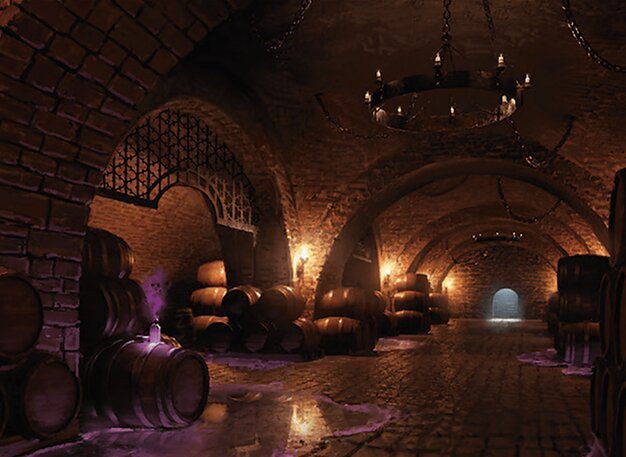
Clue: Edition Boosters
These boosters are similar to Jumpstart boosters: each one includes 8 lands and 12 random cards, divided into creatures, spells, and instants in the theme of one of the guilds.
Luckily, in this pack I got different boosters, so I got cards from the following guilds:
- Orzhov
- Boros
- Rakdos
- Izzet
- Simic
- Golgari
- Selesnya
- Dimir
As expected, most of the cards included are commons and uncommons with simple effects - and that's really nice if you're playing with beginners that only grasp a fraction of the game. Only a few of the boosters included mythic cards, but nothing that could give me an incredible advantage in the game.
Overall, my boosters had a balanced power level and cards with basic effects.
You can check out all the cards that you can get in these boosters by clicking here.
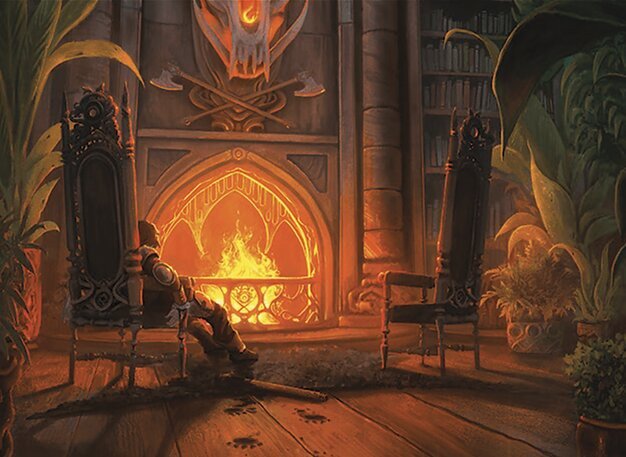
Rules
This product is played with the same scenes and classic rules as Clue: a murder was committed, and to win you need to guess the murderer, where the victim was killed, and the murder weapon correctly. However, it is still a Magic: The Gathering product, so a card game match, of course, had to be included in it.
Ad
As a result, the special rules in this edition state that there are two ways to win the game: by solving the case, or by being the last detective remaining in the game.
This game was meant to be played with 3 to 4 players, but the rule book mentions it works with 2 or 5 players as well. Each player starts with 30 HP at the beginning of the match.
Now, let's see the most important rules in this game. Please note that we won't delve too deep into how the board is organized; our goal is to review this product, and, furthermore, we decided to focus on its main rules.
Suggestions
How to Make a Suggestion?
There are two ways to make a suggestion: first, you can deal combat damage to one or more players. Otherwise, at the beginning of your end step, if you haven't made a suggestion on your turn, you can exile cards with a total mana value of 6 (collect evidence 6) or more from your graveyard to make a suggestion as if you had dealt combat damage to all players.
The magic words you must use to make a suggestion are: "I suggest the crime was committed by (SUSPECT) with (WEAPON) in (ROOM)."
If you have dealt damage to more than one opponent at the same time, the rules state that the player closest to your left must show you a card from your Suggestion, if possible. If they can't, then the next player to the left should do it, and so on and so forth until one of your opponents has shown you a card, or they all have tried.
When you show an evidence card to a player, you'll create a treasure token.
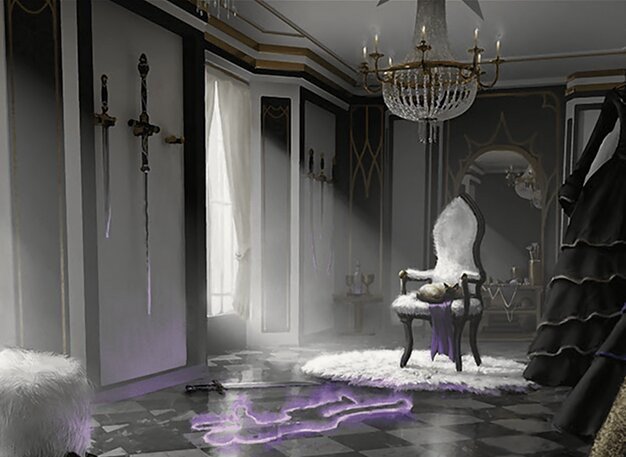
Losing the Game
The only way to lose the game is if your life points reach zero. In this case, you must reveal all your evidence to all players.
Accusation
Making suggestions is what you'll do when you're looking for clues and trying to find out the evidence your enemies are hiding. You can make an accusation at the beginning of your end step, after anyone has tried to make a suggestion. To make an accusation, you must say:
"I accuse (SUSPECT) of murdering Guildmage Boddy with (WEAPON) in (ROOM)."
Each player can only make an accusation once: after doing so, you'll be able to look at the content in the Case File Envelope. If you guess all three accusations right, you'll reveal them and win the game. If you guessed wrong, you'll put everything back into the file without other players peeking at it, and lose the right to make suggestions or accusations for the rest of the game. You'll still need to answer other players' suggestions, however.
What to Do After?
Even if you can't make suggestions to solve the case, you can win the match if you lower your opponent's HP to zero.
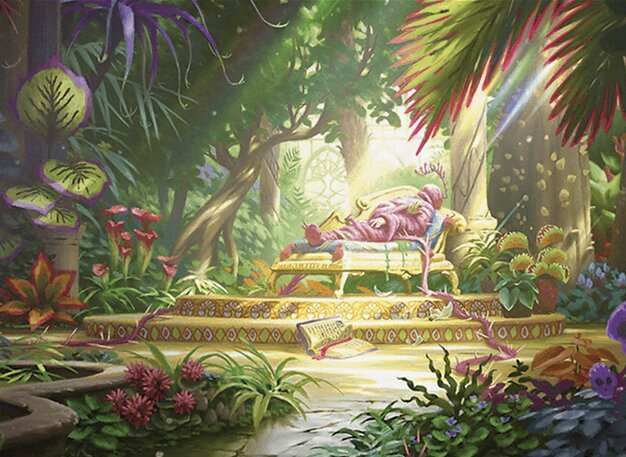
Review
Initially, to me, the idea of this product seemed like it would be a classic Clue board game that brings, rather forcefully, a Magic: The Gathering match into the game itself with vanilla cards to market one of the classic Hasbro products to the fans of Magic: The Gathering. However, my opinion (and the opinion of everyone I played this game with) changed as the game went on.
Ad
To start, the turn mechanic is much more fun than the classic dice roll board games usually have, and it makes the game more dynamic. You don't have to be in a room to make a suggestion, as there are no rooms, so the Secret Passage, which is part of the original game, became a land in this product, just like every other room.
Another great feature is that, even after you guess the answer wrong, you can still keep playing. In the classic Clue game, you need to stay in the match to answer other detectives, but, with this game, you can focus on the combat portion of the game, and you can win the game if you defeat all your opponents in a good, old Magic: The Gathering match.
Additionally, in Clue: Ravnica Edition, you'll be battling other players, and this brings some excitement to the way you play. Because of this, you can also make accusations in your turn and collect evidence more efficiently than you would in a normal Clue match.
The rules don't state that you can't use decks that are built by the players themselves, so my friends and I thought about using our own decks. Ultimately, however, we decided not to because we realized that decks with extra combat phases, for instance, would have an enormous advantage in the game, as any time one or more creatures deal combat damage to an opponent, you must make a suggestion (unless you have already made a wrong accusation).
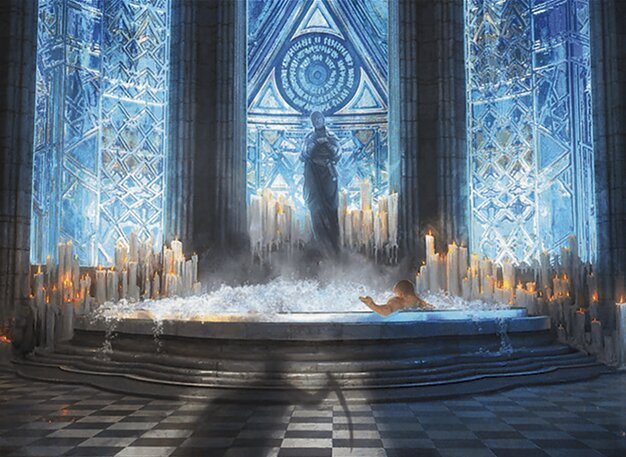
Even though it is interesting, I don't recommend you play this game with friends that aren't familiar with Magic: The Gathering rules. The cards included in them have simple effects, yes, but this isn't a "beginner" product, and it rewrites rules in the classic Clue board game, which can create even more confusion.
In the end, you'll be inviting someone to play a game and have to teach them the rules of two games at the same time (which, let's admit, is tiresome for the one who is teaching and the one who is learning).
Now, if the person you're playing with has some basic knowledge of Magic and knows the game's combat rules, this can be much more interesting for them than the standard MTG match.
In general, it is a fun product to pass the time with friends between one classic MTG match and another, but just like Planechase, Archenemy, or Conspiracy, the game can become tiring and go on for quite some time.
This is my cue. See you next time!
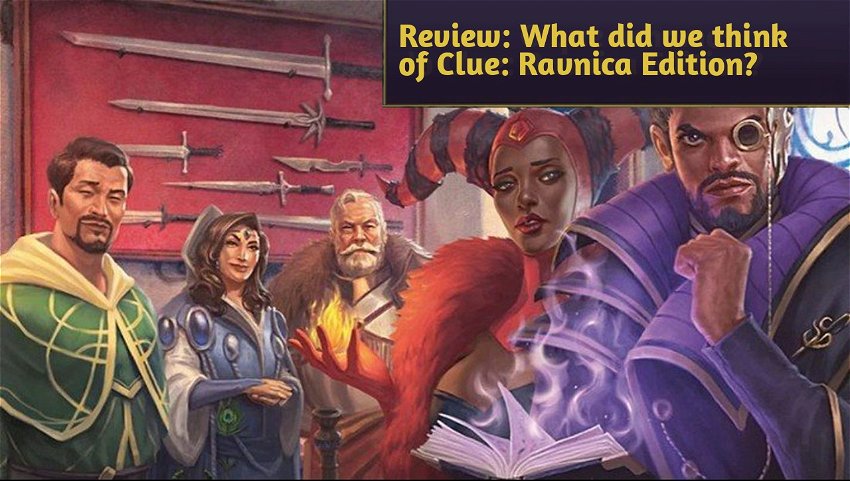



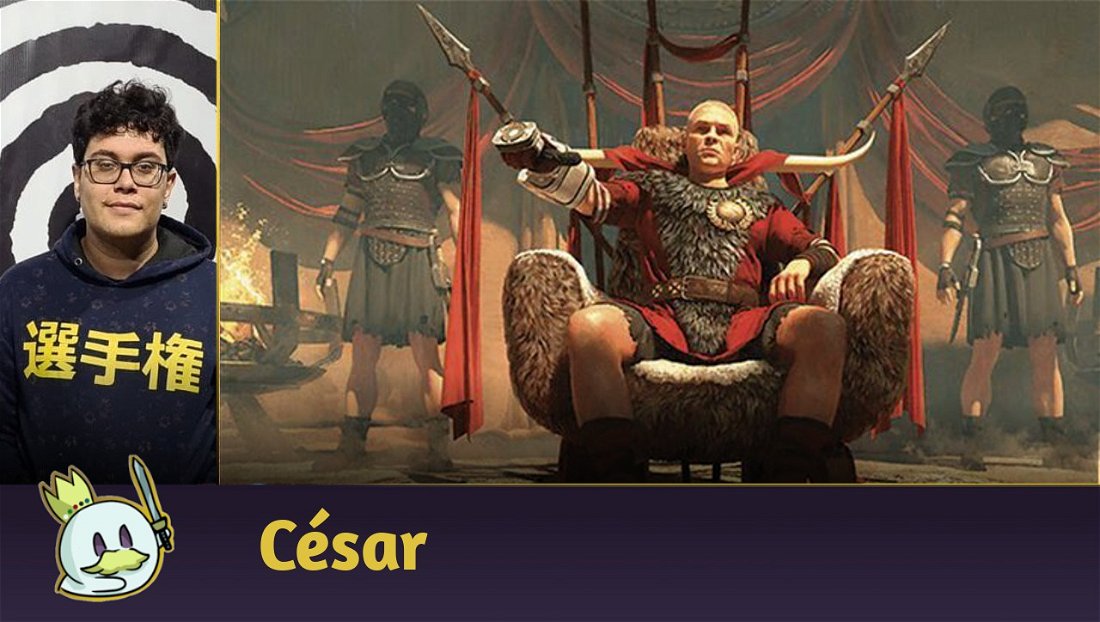
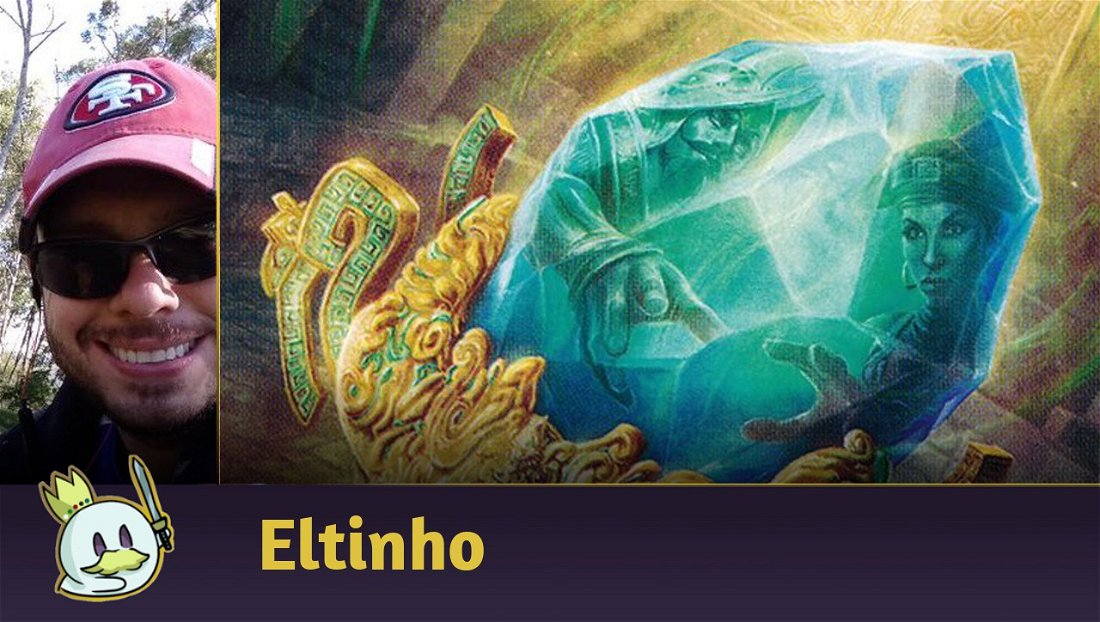



— Comments0
Be the first to comment